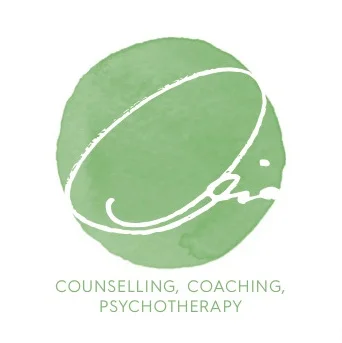What is a Mental health social worker?
Mental health social workers are trained to take into account family and environmental aspects when working with the individual. More emphasis is placed on the influence of family relationships, partner relationships, culture, and the context of society. There is a strong focus on looking at and appreciating what the individual is doing well and building on this (a strengths focus). We also have an ethic that although we bring specialised skills to the sessions the individual is the expert in their own life and we work with the person collaboratively. Our goal is the empowerment of the individual.
What training do you have?
I have completed an undergraduate degree in psychology and anthropology, after this I went on to complete the 2 year graduate program in social work as I felt that the profession reflected my values and and interests. After working in an organisation providing psychosocial mental health services for 5 years, I moved to a role that was more therapeutic. At this stage I completed an additional 2 years of supervised practice, training and supervision to gain a registration with the Australian Association of Social Workers as an accredited mental health social worker (AMHSW). In the last few years I have gone back to earn a Masters of Social Work with Monash University. I continue to update my training and professional development each year.
Over the years I have completed many courses in particular therapies which include, cognitive behavioural therapies (CBT), acceptance and commitment therapy (ACT), dialectical behavioural therapy (DBT), motivational interviewing, the Gottman method of relationship therapy. I have extensive training and practice experience of mindfulness, mindful self-compassion and meditation.
I have also completed specific training in therapies to treat trauma; including techniques from CBT, somatic experiencing, yoga and sensorimotor psychotherapy.
Am I eligible for a medicare rebate?
You are eligible for a medicare rebate if you are an Australian resident and your GP assesses that you are experiencing mental health problems including but not limited to: anxiety, depression, anger, sleep problems, drug and alcohol, grief and loss, stress, trouble unwinding etc. Make an appointment with your GP if you would like more information.
Do you write court reports?
I do not write court reports - unless this is specifically negotiated.
Are sessions confidential?
Yes sessions are confidential and I abide by the Social Work code of ethics in my practice. There are a few exceptions; I will get consent from you to provide feedback to your referring GP, I must break confidentiality if I identify a risk of harm to yourself or others, and if the courts were to subpoena my notes I would have to submit them. Notes are taken on sessions and are kept on a confidential client management system only accessed by me.
How is progress measured?
I track the progress of each individual with suitable psychometric tests and/or through the goals that we set at the first session. We will review our progress at the 6 session mark. If progress has not been identified at this point we will look at the possible causes which could be;
The need to change the therapeutic modality as it has not suited you - as it is not one size fits all and no therapy works with 100% of people 100% of the time.
The relationship between therapist and client is of primary importance and it is possible that a strong "therapeutic alliance" has not been formed. A client needs to feel safe, respected and positive about their relationship with their therapist as a foundation for therapy. You should feel that your therapist has a positive regard for you and holds hope and optimism in your capacity to make the changes that you would like to make.

